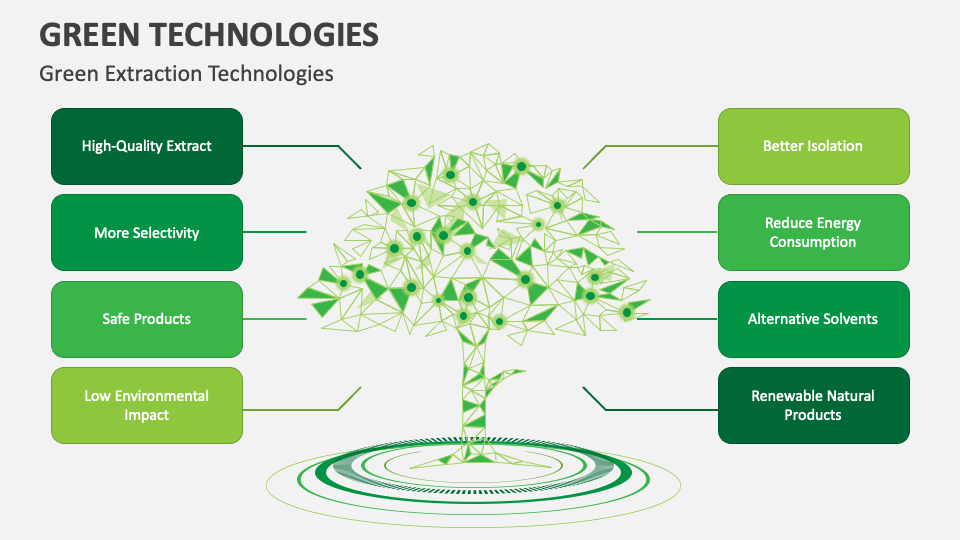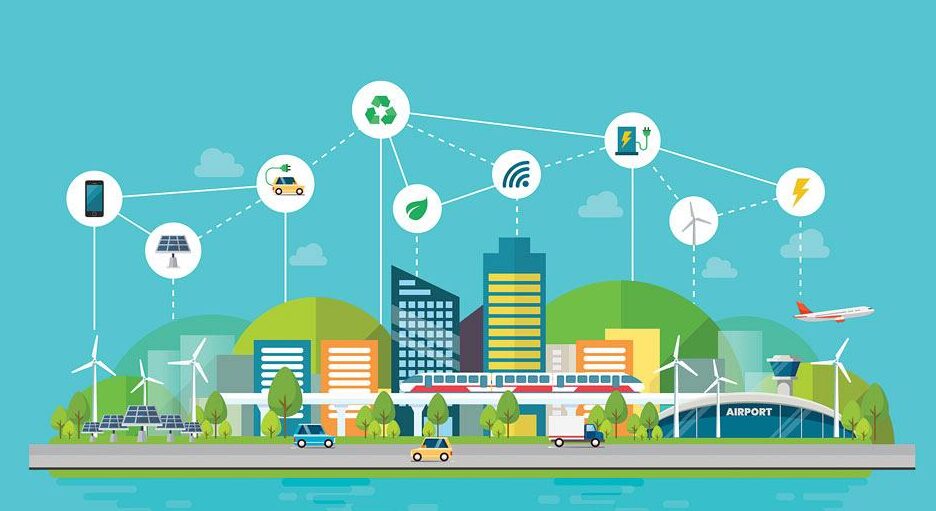In an era where technology drives almost every aspect of our lives, the environmental impact of our digital activities cannot be overlooked. Sustainable IT aims to reduce the carbon footprint of technology and promote eco-friendly practices that contribute to a greener future. Here, we explore the concept of sustainable IT, its benefits, and various green technologies and practices that can help create a better tomorrow.
What is Sustainable IT?
Sustainable IT, also known as Green IT, involves designing, manufacturing, using, and disposing of information technology in a way that minimizes its environmental impact. It encompasses energy-efficient hardware, eco-friendly software solutions, and responsible e-waste management.
Benefits of Sustainable IT

- Reduces Environmental Impact
Decreases carbon emissions and minimizes waste - Enhances Energy Efficiency
Lowers energy consumption, leading to cost savings - Supports Corporate Social Responsibility (CSR)
Demonstrates a commitment to sustainability and attracts eco-conscious consumers - Promotes Circular Economy
Encourages recycling and reuse of IT resources
Green Technologies in IT
- Energy-Efficient Data Centers
- Implement cooling technologies like liquid cooling and free cooling
- Utilize renewable energy sources such as solar or wind power
- Optimize server utilization through virtualization and consolidation
- Green Cloud Computing
- Choose cloud providers committed to sustainable practices
- Use energy-efficient virtual machines and storage solutions
- Leverage serverless architectures to reduce resource consumption
- Eco-Friendly Hardware
- Opt for devices with Energy Star ratings or EPEAT certification
- Use modular and upgradeable hardware to extend device lifespans
- Implement power management features like automatic sleep modes

- Sustainable Software Development
- Write energy-efficient code that minimizes CPU and memory usage
- Adopt agile methodologies to reduce resource waste in development cycles
- Encourage remote work to decrease commuting-related carbon emissions
- Green Networking
- Use energy-efficient network equipment and protocols
- Implement smart grids to optimize power distribution
- Employ network virtualization to enhance resource efficiency
The Future of Sustainable IT

The future of sustainable IT lies in continued innovation and commitment to eco-friendly practices. As technology advances, new opportunities will arise to further reduce the environmental impact of IT operations. Businesses and individuals alike must embrace these changes and prioritize sustainability in their tech-related decisions.
Conclusion
Sustainable IT is not just a trend; it’s a necessity for a better tomorrow. By adopting green technologies and practices, we can significantly reduce the environmental footprint of our digital activities. Let’s commit to making more sustainable choices in our use of technology, ensuring a healthier planet for future generations.

